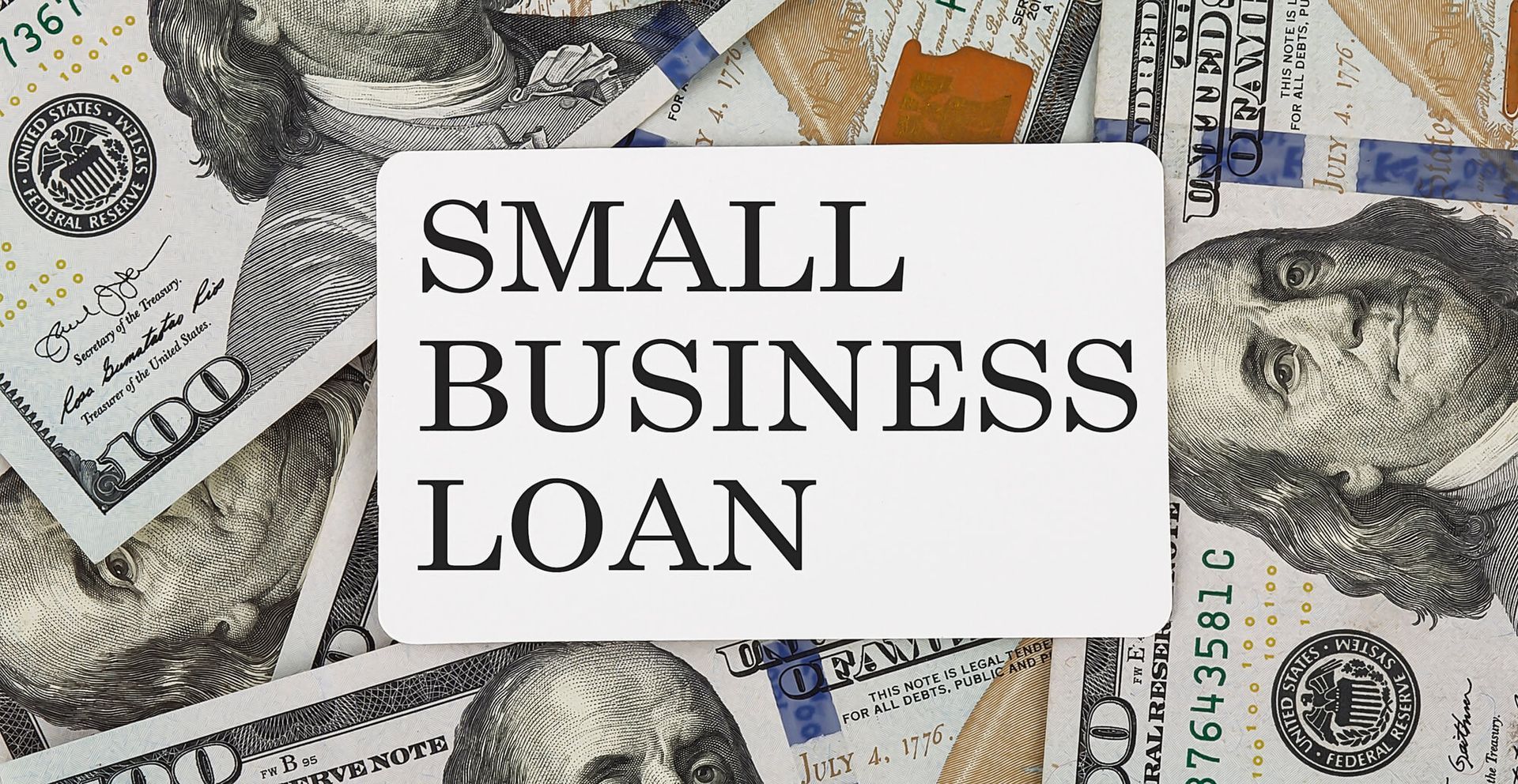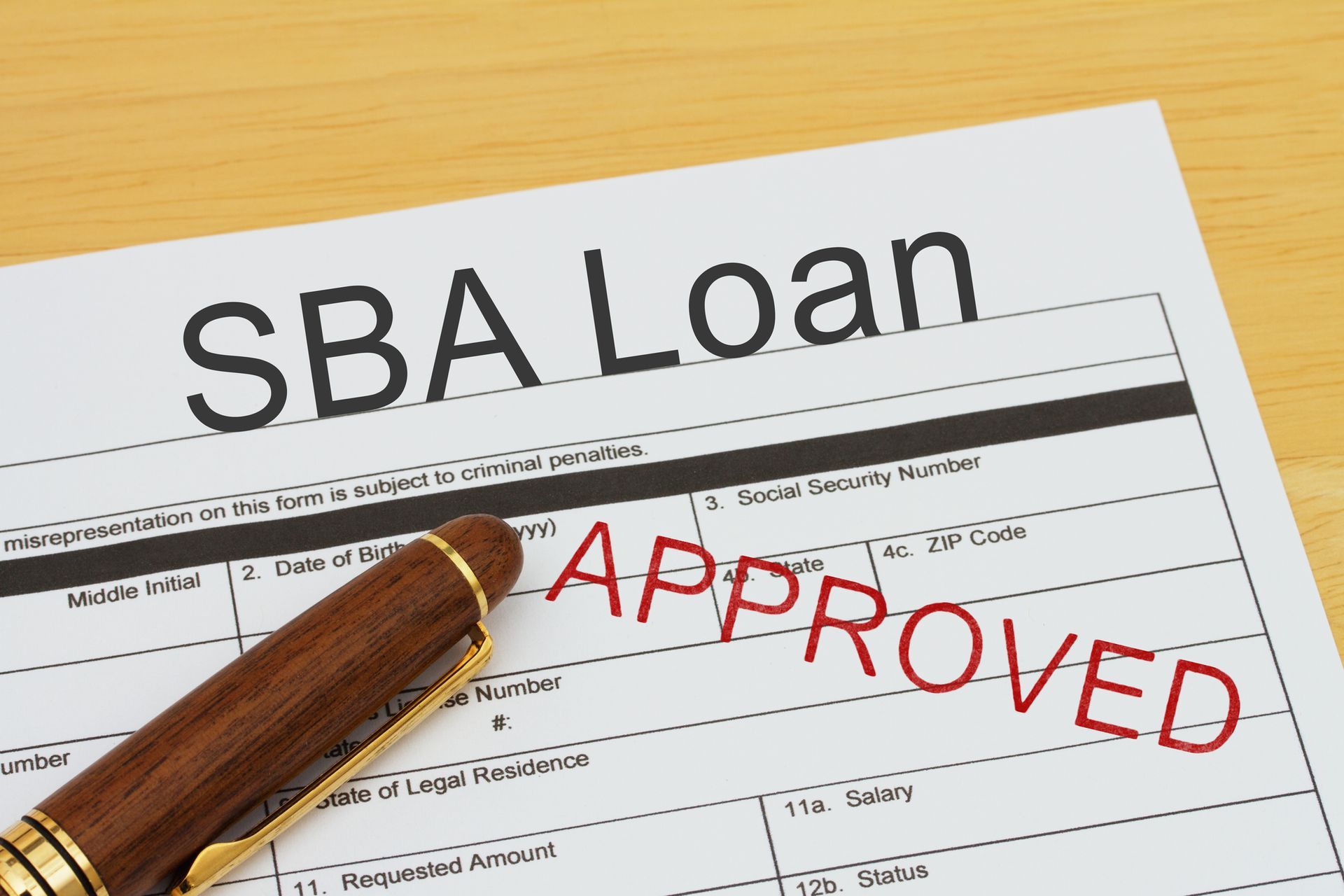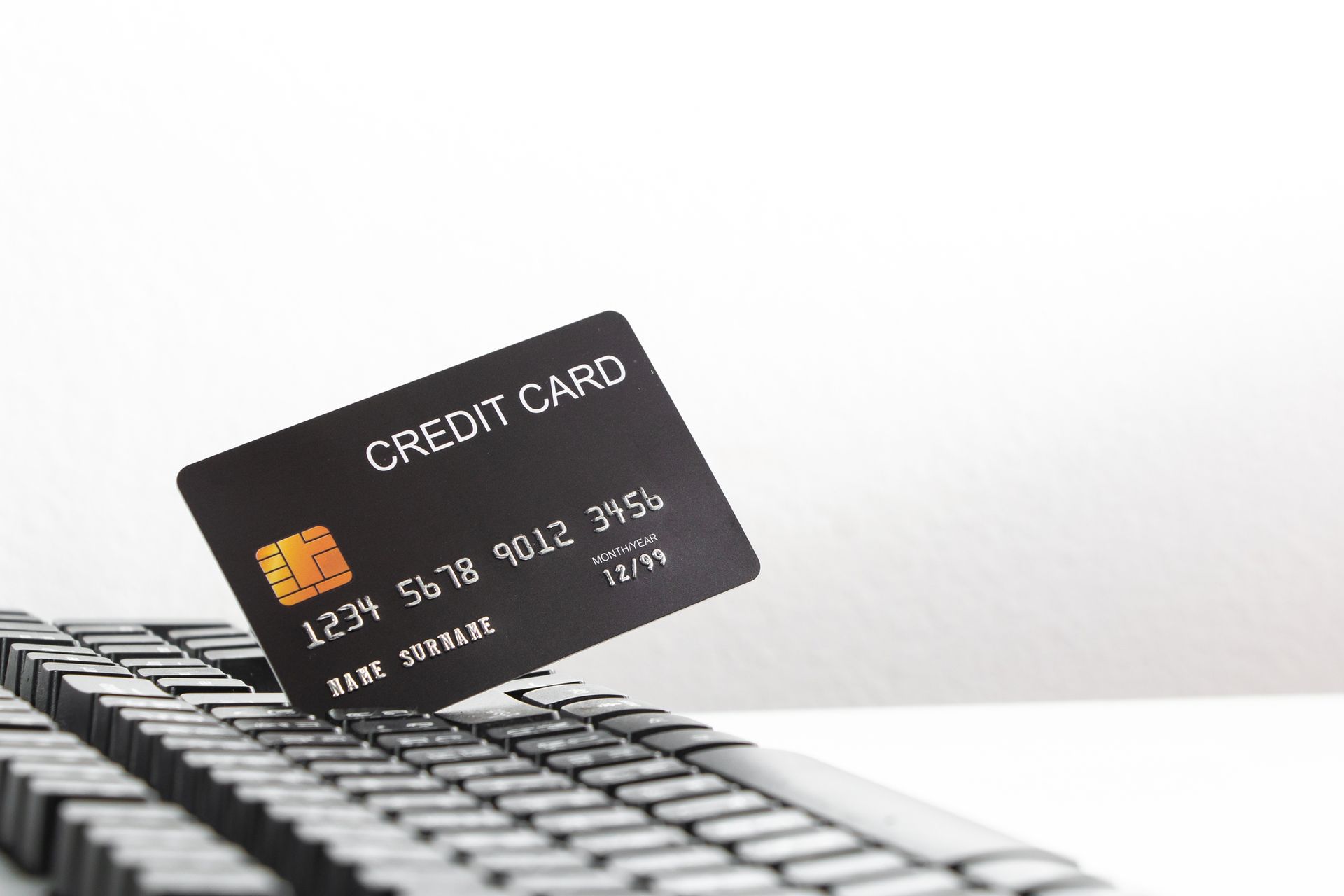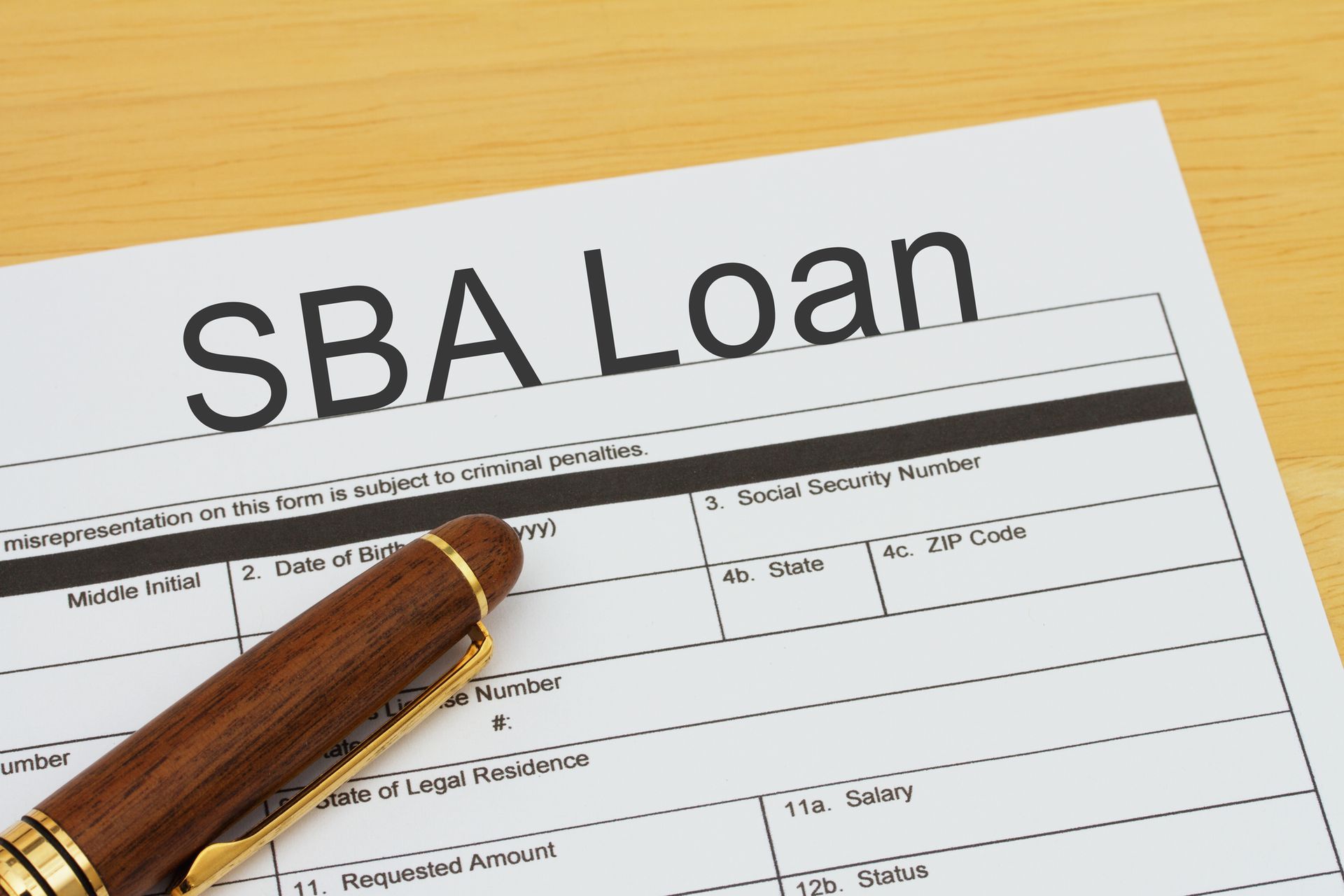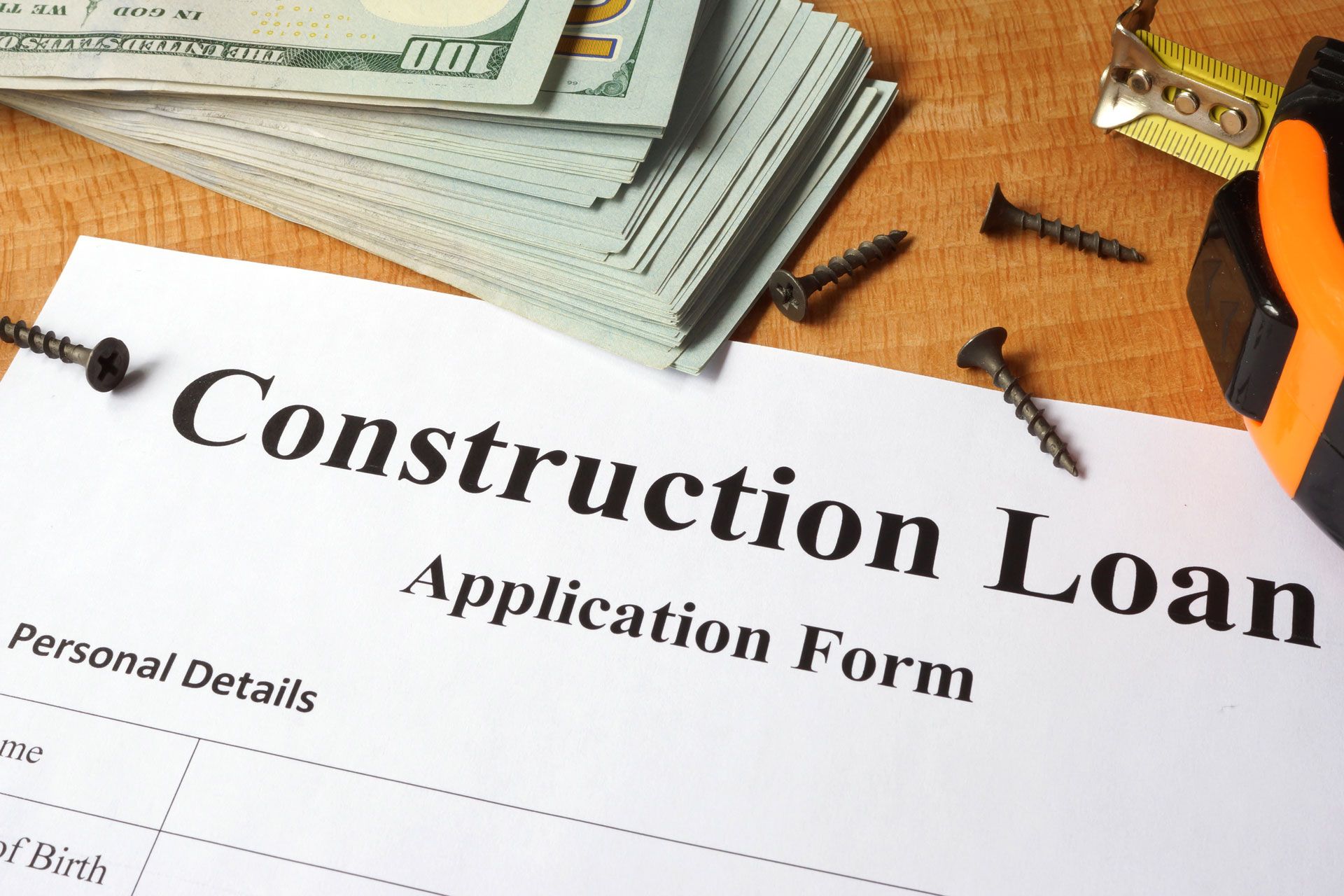Meeting SBA Loan Requirements For Business Success
As an entrepreneur running a small business, you're likely well aware of the challenges in getting funding and working capital. However, government-backed Small Business Administration (SBA) loans are a fantastic way to secure financing and set your business up for success. Learn all about SBA loan requirements here to pave the way for your business's financial stability.
Eligibility Criteria for SBA Loans
To qualify for SBA loans, you must first meet certain eligibility criteria established by the federal government and lenders:
- Business Type: Your business must be officially registered and legally operating as a for-profit entity. Additionally, it must operate in a qualified industry, as certain types of businesses are ineligible for SBA loans.
- Size: Your business must qualify as a small business according to the SBA's definition. This varies by industry and is generally based on the number of employees or average annual receipts.
- Place of Operations: Your business has to be located and physically operating in the United States or its territories.
- Resources Invested: The business must have had equity such as money or time invested in it, including from you, the business owner.
- Financing Need: You must demonstrate a genuine need for funds and show a sound business purpose for which you plan to use the funds.
- Character: You cannot be delinquent on any existing government debt obligations. Additionally, individuals with significant ownership in the business must not be facing certain legal proceedings.
Underwriting Criteria
Once you've determined that your business meets the eligibility criteria, the next step is to undergo the underwriting process. During this process, lenders evaluate various aspects of your personal and business finances to assess your creditworthiness.
First, lenders will evaluate your personal credit history, and while there's no set minimum credit score required by the SBA, having a good credit score will increase your chances of approval.
Similar to your personal credit, having a solid business credit history is essential for SBA loan approval. Lenders may use the FICO Small Business Scoring Service (SBSS) to assess your business's creditworthiness.
In addition, most lenders prefer to work with businesses that have been operational for two or more years. You'll also need to demonstrate strong business finances including annual revenue, cash flow projections, and a manageable level of existing debt.
Furthermore, for many SBA loan programs, lenders require collateral to secure loans, typically in the form of real estate, equipment, or inventory.
Program-Specific Criteria
Depending on the particular program of SBA loan you're applying for, there may be additional requirements specific to it. Here's an overview of some program-specific requirements:
- SBA 7(a) Loans cover various loan types, each with its own set of requirements. For example, SBA export loans must be used only for export sales activities.
- SBA 504 Loans are specifically for funding fixed-asset purchases, like large equipment and real estate. Your business must meet certain net income and tangible net worth criteria to qualify.
- SBA Microloans can be used for various purposes. However, funds cannot be used to pay off existing debts or purchase real estate. Collateral and personal guarantees may be required.
- SBA Disaster Loans are available to businesses and individuals affected by declared disasters. It’s accessible with specific eligibility criteria based on the type of loan and the nature of the disaster.
Should you require any assistance with all the different types of SBA loans, WHITTMORE BRILEY has got your back. We work with more than 20 SBA lenders to bring you personalized solutions. Alternatively, if you require assistance with commercial bridge loans to provide you with quick cash flow while you wait for your SBA loans, we are also ready to help anytime. Just reach out to us online or at 615.949.3341.
